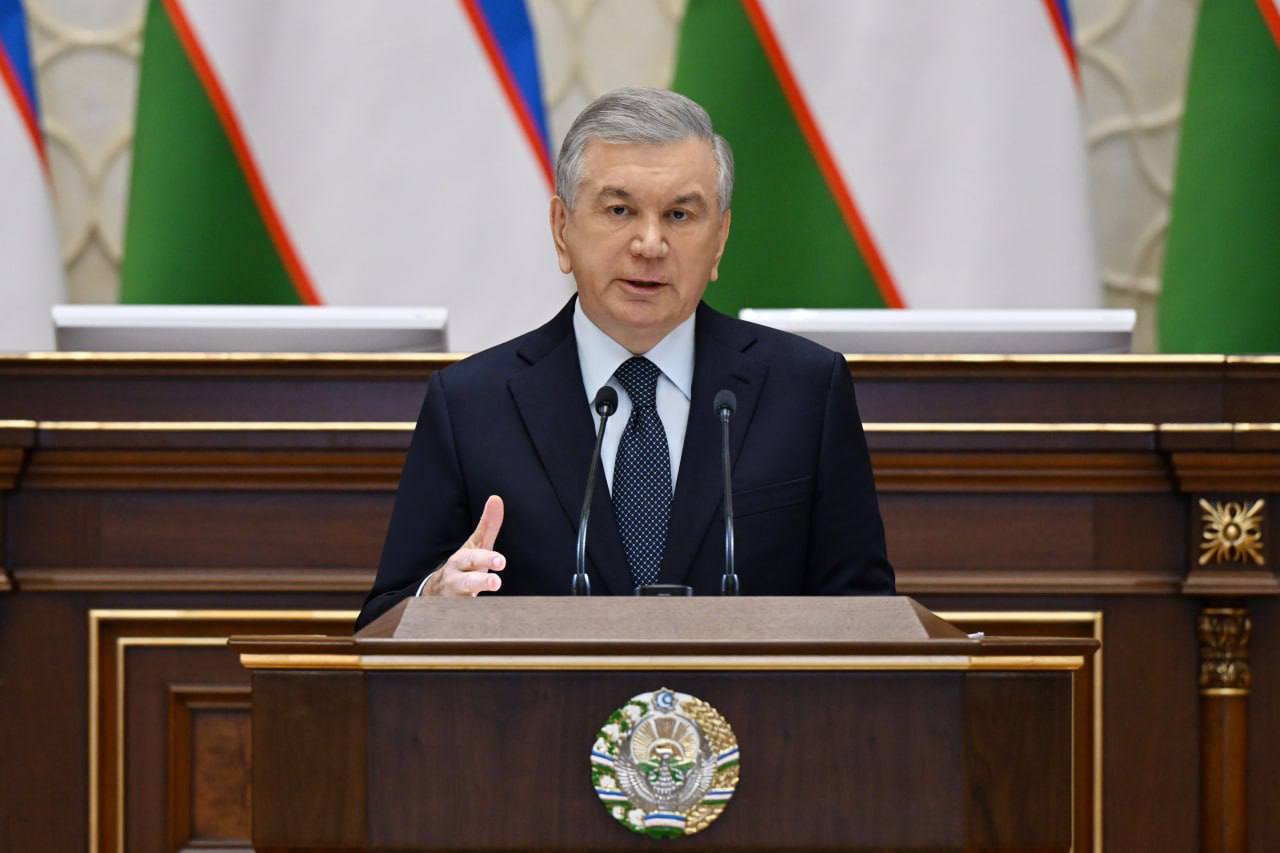Current Issue: Combating Corruption
05.03.2025

Corruption is one of the problems that hinders the socio-economic development of any society. Its extremely negative and dangerous aspect lies in the fact that it undermines citizens' trust in the state and the legal system, erodes the criteria of fairness, and threatens development. Therefore, developing and implementing effective methods to combat corruption in each society is a pressing task.
It is no coincidence that the President of the Republic of Uzbekistan, Shavkat Mirziyoyev, organized a meeting of the National Anti-Corruption Council on March 5. During the meeting, the work done to create a corruption-free environment in our country was analyzed, and further tasks were defined. In his speech, the head of state noted that corruption is the most serious obstacle to reforms.
The situation will not change until a corruption-free zone is created. In this regard, we would like to offer some comments on this matter.
First and foremost, it is necessary to improve anti-corruption legislation and strictly implement it in practice. In particular, for officials, one of the effective ways is to strengthen mechanisms of accountability. Indeed, a number of efforts are being made in this regard in our country, but in our opinion, this is still insufficient.
Secondly, implementing the principle of transparency in all government institutions is one of the most important factors in combating corruption. The influence of the human factor can be reduced through the development of e-government systems and ensuring transparency in public procurement. It is also necessary to strengthen public oversight, and the mass media and civil society institutions should carry out independent analysis of the activities of government bodies. This helps to reduce the risk of corruption.
Thirdly, raising legal literacy among the population plays a crucial role in the fight against corruption. It is advisable to introduce special courses in schools and universities on the negative consequences of corruption. At the same time, it is necessary to ensure the rule of law for those involved in corruption. Punishment for the crime should be inevitable, which will also serve as a lesson for others.
Fourthly, non-governmental organizations and civil society representatives should actively participate in the fight against corruption and raise public awareness through various initiatives.
Rakhimboy Jumaniyazov,
Professor of "TIIAME" National Reserach University,
member of the Union of Writers and Journalists of Uzbekistan

